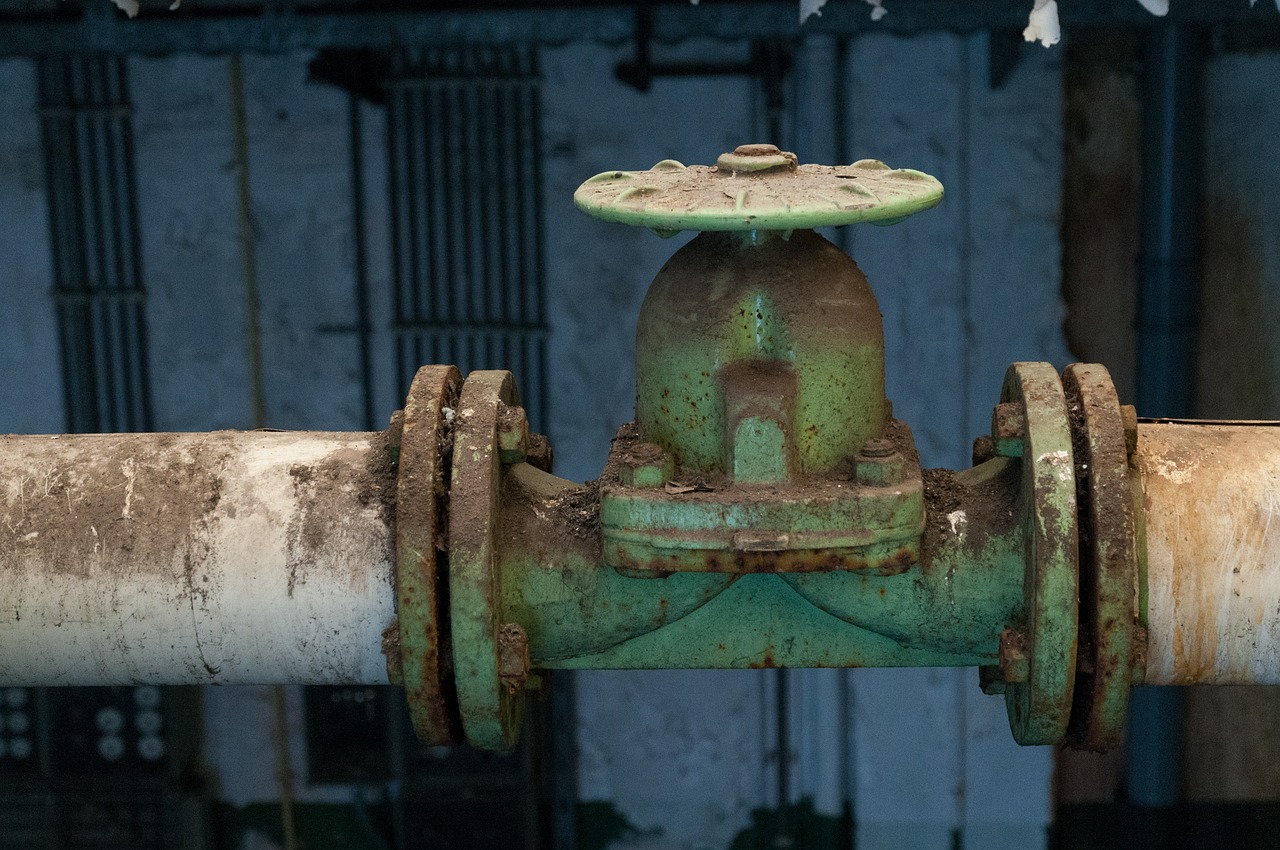Efficient and reliable piping infrastructure from an industrial standpoint is the backbone of operations. When pipelines that provide the lifeline of the facility fail, it leads to major issues. Thanks to technology such as industrial cured-in-place pipe, or CIPP, you can discover the power of innovation in a whole different way.
Understanding Industrial Cured-in-Place Pipe
CIPP, which is cured-in-place pipe, is a trenchless pipe solution. You can use CIPP to repair existing pipelines and skip extensive excavation in the process. CIPP is a flexible liner that is seamless and jointless. The liner is coated in a resinous material. We insert the liner, place it where it should be, and then cure it to adhere to the original pipeline.
Curing can use something like hot water or steam to activate and harden the resin. It can also be done with UV lighting, which speeds up the process. There are many benefits to using this innovative solution in place of traditional pipe repair requirements.
The Benefits of CIPP Application
Check out some of the top benefits of using CIPP for industrial needs.
Minimal Disruption
Digging and excavation are quite invasive. CIPP is the exact opposite. This is probably the greatest benefit, because you reduce overall disruption to operations, the area, and the ground itself. Time is money, and that’s something you need to lose as little of as possible.
Affordable and Cost-Effective
The cost to have excavation and heavy machinery or the labor that comes with it is pretty extensive. With CIPP, much of that is reduced – if needed at all. You see a reduction in labor costs, project duration, equipment and machinery, and even the final material expenses. Plus, CIPP lasts, which reduces the need for future repairs on a regular basis.
Downtime is lost money, right? So, a solution that reduces downtime is certainly cost-effective. It’s quick and reliable, so restoration and repairs are fast to return to operations.
Application of Industrial Cured-in-Place Pipe
So, where can CIPP be used for industrial purposes? Just about anywhere there is a need. It’s compatible with most pipe materials or uses. It is also compatible with the majority of industrial pipe sizes.
Here are some great industrial use examples to consider.
Water/Wastewater Management
CIPP is commonly used for water or wastewater pipelines. It can be applied for repair as well as rehabilitation of these lines. CIPP can prevent leaks, improve flow capacity, and ensure these critical systems continue running as they should.
Chemical or Petrochemical Industries
Chemicals will wear down pipelines quickly and can often be hazardous. Maintaining the integrity of these pipelines is absolutely important. CIPP can repair or reinforce these pipelines, and the chemicals will not present an issue or cause them to break down any faster. You can effectively reduce the risk of leaks or contamination.
Oil and Gas
Pipelines help to carry oil and gas from one point to another. These networks are everywhere. CIPP technology can work for them as well and provide a safe and efficient method for pipeline rehabilitation. CIPP will help to reduce the risk of spills while also contributing to continuous operation. It works even for complex pipeline systems.
Power Generation
Finally, power plants use a variety of pipelines to operate. Their piping systems are robust in nature. CIPP can help to maintain the efficiency and reliability of this infrastructure. With minimal downtime and reliable solutions, this sector can reap the benefits.
Contact Us for Industrial Cured-in-Place Pipe Solutions
The power of CIPP is undeniable. It provides a fast, efficient, and durable method for pipeline care and rehabilitation. CIPP technology continues to revolutionize the industry and provide sustainable solutions you can count on. Contact us today, and let’s discuss your pipeline needs!
